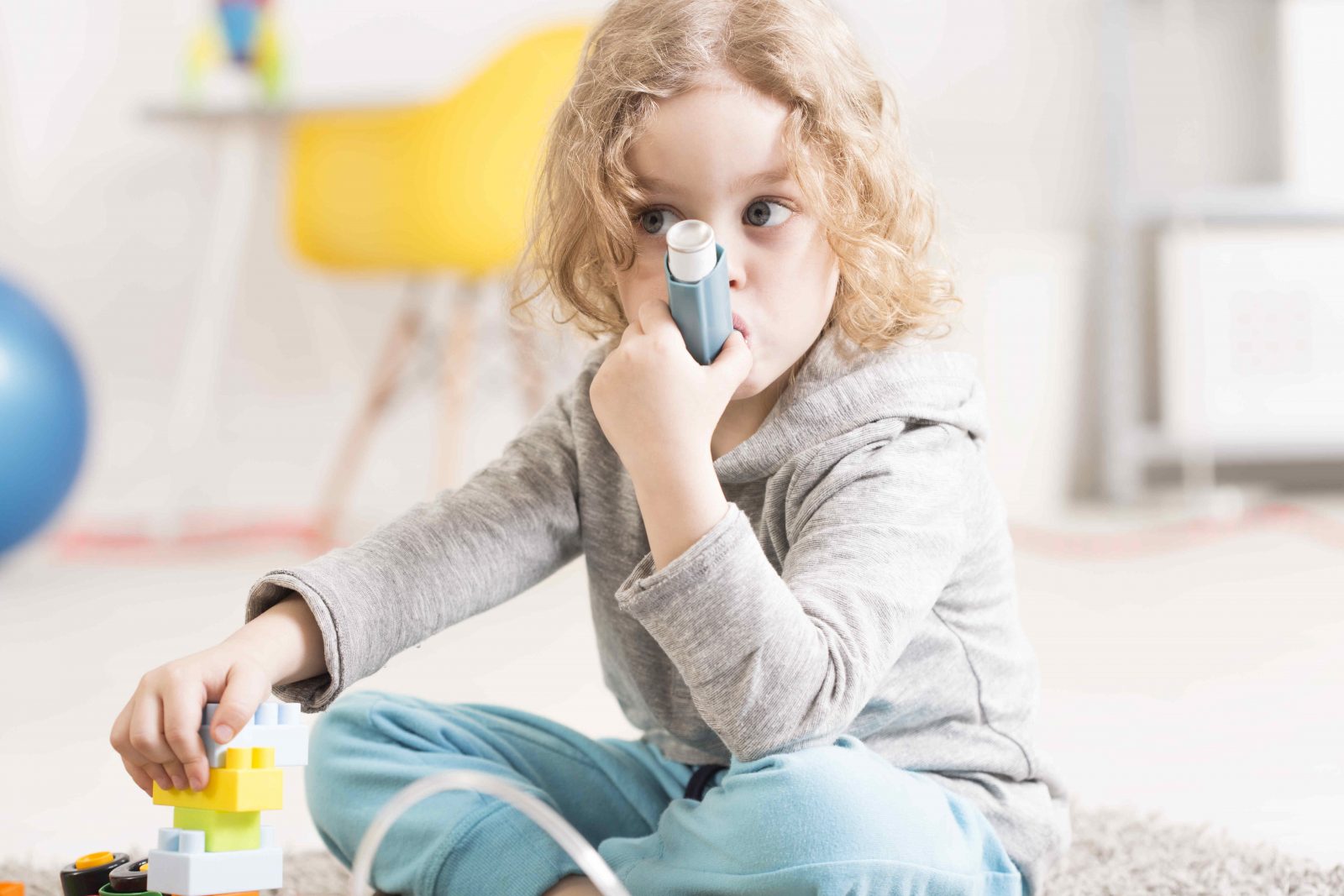Dr. Brianna R. Varas graduated from Epiphany Catholic School and Our Lady of Lourdes Academy. Initially attending New York University to major in Art, she returned to Miami to study medicine and began to work for her father, the Director of Transplant Pathology at Jackson Memorial Hospital. Dr. Varas completed her undergraduate education at the University of Miami with a Bachelor of Science degree and graduated Cum Laude. Dr. Varas attended medical school at the University of Miami Leonard M. Miller School of Medicine and subsequently completed her residency in Pediatrics at Miami Children’s Hospital, now known as Nicklaus Children’s Hospital. After completing her residency, Dr. Varas joined Sunset Pediatrics. Her primary interests are that of childhood development, nutrition, early intervention, and anticipatory guidance.

A pediatric asthma diagnosis means that your child has lungs and airways that are easily reactive to certain triggers, which can lead to inflammation of their lungs. This inflammation can manifest itself via persistent coughing or wheezing, which is a whistling sound heard when a child is breathing. Children with asthma might need short-acting inhalers (“rescue inhalers”) as well as other longer-acting inhalers, oral corticosteroids, and possibly additional medications. As a parent, it is important to understand how to handle your child's pediatric asthma diagnosis. Here Haute MD expert Dr. Brianna Varas dives into the details.
What is the earliest age your child can be diagnosed with pediatric asthma?
Asthma can be diagnosed at any age, but most children will show some signs or symptoms of asthma before the age of five. Many children under five who are diagnosed with asthma could have other conditions that often are seen with asthma, such as eczema or a history of food or environmental allergies. A family history of asthma is also often found in these children. Be sure to tell your doctor if your child has any of these conditions as it may increase the likelihood of them having asthma.
Are there any telltale signs a parent should keep their eye out for?
- Persistently coughing
- Breathing rapidly
- Shortness of breath with normal daily activities
- You may hear a wheezing noise when they breathe
- Using accessory muscles for breathing- they could be hunched over in a tripod position with both arms on their knees. You will see a “sucking-in” underneath their ribs and possibly on top of their ribs at the bottom of their neck.
- Color change around their lips or nails due to lack of oxygen (turning purple or blue on lighter skin tones and gray or white for darker skin tones)
What should a parent do if they believe their child has pediatric asthma?
You should schedule an appointment with your doctor for a full evaluation. Be sure to discuss the number of times recently that they have been having symptoms such as persistent coughing or shortness of breath, day or night, and the number of times they have required inhalers or oral steroids in the past few months. Your doctor will perform a detailed history and full physical exam and might order spirometry testing as well as a chest X-Ray.
They may be in need of a daily controller medication to reduce the number of attacks. You should also pay attention to any food or environmental triggers you notice that could be making their symptoms worse. These can be cigarette smoke, household cleaning products, a new shampoo or body wash, a pet, pollen, and significant sources of dust mites.

In the case that your child is having an asthma attack, what is the first thing a parent should do?
Administering a short-acting rescue inhaler immediately is the most important act a parent can do. If they are still having significant symptoms such as shortness of breath, difficulty breathing, or cyanosis after a short-acting rescue inhaler, take them to the Emergency Room immediately or call 911.
If their symptoms significantly improve with a short-acting rescue inhaler right away, then they should then be seen as quickly as possible by their primary care provider. One of the important signs to watch out for is the requirement for a short-acting rescue inhaler more than every 4 hours in addition to the aforementioned symptoms. This likely indicates they are having symptoms of an asthma attack.
If you are a parent who has a child that is already been diagnosed with pediatric asthma, what are the items you must always carry with you?
A short-acting rescue inhaler is the most important thing a parent can have with them in case of an asthma attack.
If you are a parent with a child who has pediatric asthma, is it important to tell babysitters, teachers, etc.?
It is extremely important that all caregivers for your child, including a teacher or babysitter, be aware that your child has asthma and where the location of his or her rescue inhaler is in case of emergency. Your child should be carrying it with them at all times or it should be readily available in a nearby location. Instruct your caregiver on how to administer the medication and to notify you and their primary care provider in case of an emergency.
























